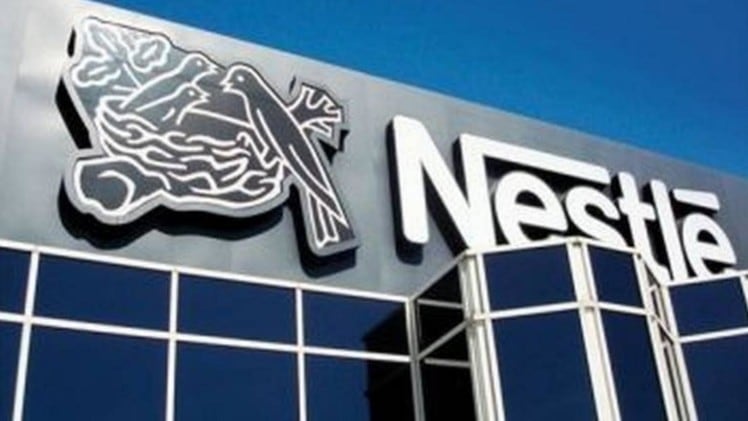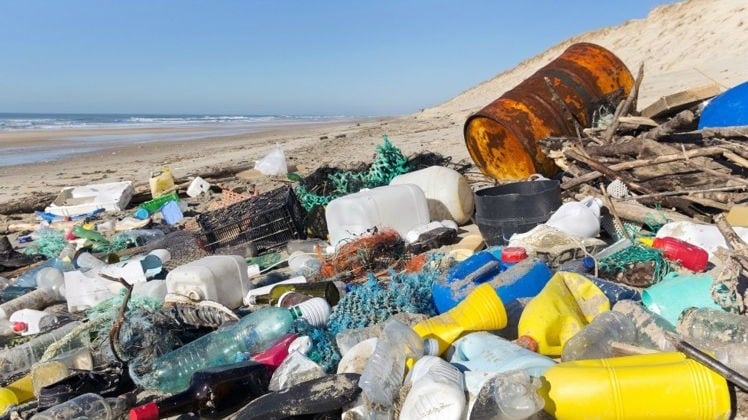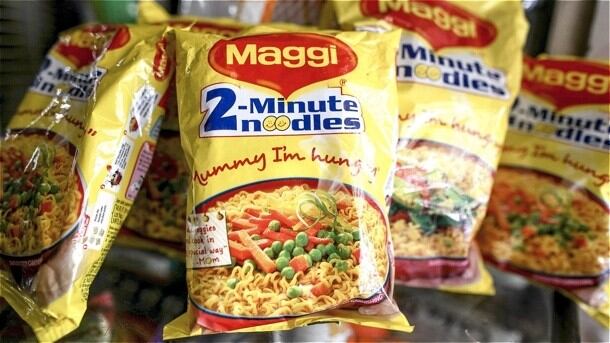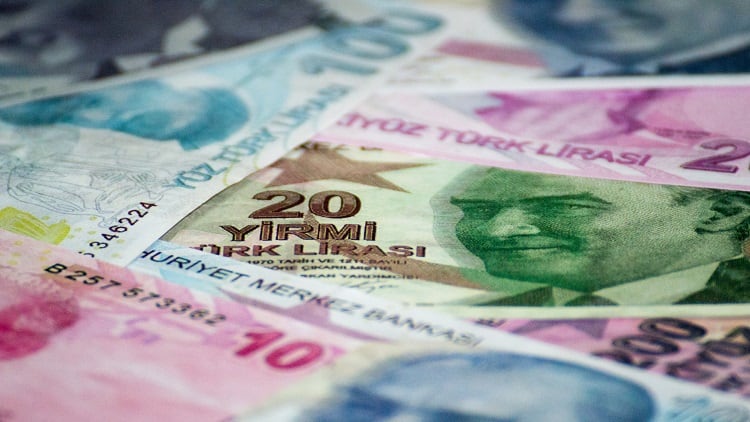Tropical Storm Yagi (local name: Karding) hit Manila earlier this month, and its aftermath saw enormous waves of plastic waste crashing into the shores.
This comes just months after Manila made international headlines for its ‘trash bin’ waterway, Estero de Magdalena, being covered in plastic bags, bottles and food containers.
“At Nestlé Philippines, we are committed to play our part. We continuously find ways to reduce our environmental footprint,” said Nestle Philippines in an official response to queries from FoodNavigator-Asia.
“All of Nestle factory sites have achieved zero waste to landfill. […] We continue to go beyond our factories, work with experts here and around the world to explore sustainable recycle options and packaging solutions that are safe, affordable and accessible to Filipino consumers,” it added.
Meanwhile, Unilever Philippines also responded to FoodNavigator-Asia inquiries with assurances that programmes are ongoing to address packaging waste issues.
"Unilever commits in ensuring that all our packaging will be 100% reusable, recyclable or compostable by 2025 and to invest in proving and sharing a technical solution to recycle sachets with the industry," said Ed Sunico – VP Sustainable Business and Communications, Unilever Philippines.
"In the Philippines, Unilever’s programs to address the issue of packaging waste include a community-based sachet recovery program, office and factory solid waste management programs, packaging innovations and collaboration with industry coalitions," he added.
Of the 300 million tons of plastic produced globally each year, roughly half of this is single-use, or disposable.
Apart from the environmental implications, there are also severe economic consequences: Plastic waste costs Asia Pacific $1.3 billion per year from its tourism, fishing and shipping industries.
Environmental campaigning organisation Greenpeace voiced major concerns about the continued production of plastics by major food companies in the Philippines. Nestle was named as one of the major ‘culprits’ in the country’s plastic waste production.
“Producers are set to increase [plastic] production by an additional 40% over the next decade. We are scrambling to find solutions to this crisis and clean up their mess, but corporations like Nestle, Procter & Gamble, Unilever, and others will continue producing more plastics, which inevitably pour into our waterways and oceans,” said Abigail Aguilar, campaigner at Greenpeace Philippines.
National rankings
Philippines ranks third globally in contributing to ocean plastic waste. 79% of this is attributed to food packaging.
According to a 2017 audit conducted by Greenpeace and the #breakfreefromplastic movement in the Philippines, the top three contributors of plastic litter in the country are Nestlé, Unilever, and Indonesian company PT Torabika Mayora.
Responding to this, Nestle Philippines has emphasised its implementation of programmes focusing on the complete product ‘life cycle’ to address local plastic waste issues.
Focus is being placed on the research and development of packaging designed using alternative recyclable materials, recycling used packaging, as well as packaging reduction.
“Since 1993, Nestlé Philippines has embarked on a continuing program to reduce the amount of packaging materials that we use for our products, consistently meeting, if not exceeding our annual target of packaging material reduction by 1,000 MT or 1 million kilograms of packaging materials,” said the company.
Other local recycling initiatives include Eco-Bricks, a project partnering local government units and Green Antz Builders that converts laminates to eco-bricks and pavers; as well as Tibay Chairs, a project in partnership with the Department of Education and the Philippine Business for Social Progress (PBSP) that converts sachet packets to school chairs.
Nestle is aiming towards a goal of 100% reusable or recyclable packaging by 2025.
Three core areas make up the Nestle Philippines focus on packaging innovations: Eliminating non-recyclable plastics, encouraging the use of plastics that encourage better recycling rates, and working to eliminate or change complicated combinations of packaging materials.
“We are exploring switching to easier to recycle ‘mono-materials’ or simple packaging types such as paper, and simplifying the number and type of layers used in multi-layer plastic packaging,” said Nestle.
Looking at the long-term issues
Greenpeace has also criticised what it claimed was a lack of responsibility that big companies like Nestle are taking over longer-term consequences of plastic waste, such as microplastics and chemicals in ocean water.
Nestle is confident that the issue does not lie with the company’s products.
“We have been testing our products for the presence of microplastics since 2015. This year we have started using more sophisticated testing methods,” said Nestle.
“There is no evidence currently to suggest that micro-plastics in bottled water come from the bottle itself. Recent scientific research has highlighted that micro-plastics […] may be present regardless of the packaging material used, whether it is plastic, glass or even aluminium,” it added.
Moving forward
On the regional front, Nestlé is leading Pioneer Project ‘SEA’ within the New Plastics Economy, a collaborative effort involving leading participants from across the global plastic value chain, led by the Ellen MacArthur Foundation.
This project aims to build an in-depth and common understanding of both formal and informal waste management systems in countries like the Philippines where marine litter and ocean pollution is a significant problem.
“Making changes to the plastic packaging we use is a big part of the action we are taking as a company. However, it is also important that infrastructure is built to allow recycling to happen,” said Nestle.





